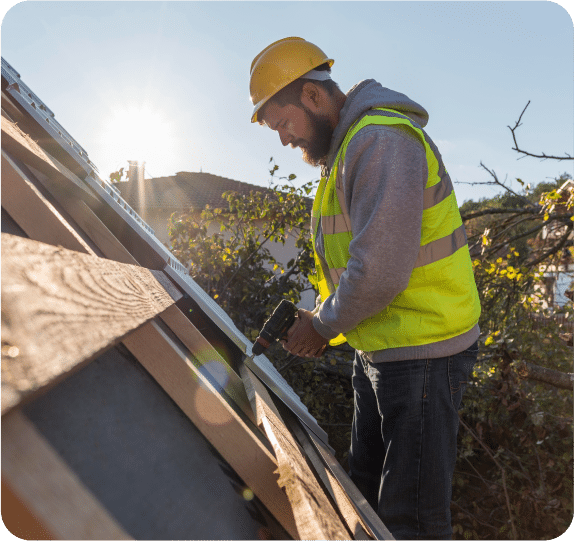When a contractor bids on or wins a construction project, they often need a surety bond before starting. Contract surety is vital in construction, protecting both contractors and project owners financially. Essentially, it’s insurance that ensures a project’s completion as per the contract terms.
In this article, Dustin SanVido, Ai Insurance Organization’s Surety Expert explains what contract surety is, how it works, and why it’s important. Stay tuned for more from Dustin in his Surety Expert Blogger series.
What is Contract Surety?
Contract surety bonds guarantee that a contractor will complete a project as per the contract. They involve three parties: the principal (contractor), the obligee (project owner), and the surety (an insurance/bonding company). The surety gives a financial guarantee to the obligee that the contractor will meet their contract obligations. If the contractor fails, the surety pays for the project’s completion, up to the bond’s value.
How Does Contract Surety Work?
The bonds serve as a guarantee the contractor will complete the project as specified in the contract. Before issuing a bond, the surety company typically reviews the contractor’s financial status, character, and credit history. This is to ensure they are financially stable and able to complete the project.
If the contractor doesn’t complete the project as per the contract, the project owner can claim against the bond. The surety company will then assess the claim’s validity. If valid, the surety may pay to finish the project or hire another contractor, but only up to the bond’s value. The contractor must then repay the surety for the bond’s cost and any extra expenses due to the claim.
Why is Contract Surety Important?
Contract surety is important for both contractors and project owners. For contractors, having a surety bond can help them win more contracts, as it provides assurance to project owners that they will complete the project as specified in the contract. It can also help contractors manage their risks by providing a financial safety net if they are unable to complete a project.
For project owners, contract surety provides assurance that the contractor will complete the project as specified in the contract. It also provides financial protection if the contractor is unable to complete the project, as the surety will step in and pay for the completion of the project up to the amount of the bond. This can help prevent delays and additional costs associated with finding another contractor to complete the project.
Contract surety is an important part of the construction industry, providing financial protection for both contractors and project owners. This ensures the completion of projects according to the contract terms and provides a safety net in case of contractor default. If you are a contractor or project owner, it’s important to understand the role of contract surety and how it can benefit you.

Dustin SanVido, Surety Bond Expert
As a dedicated #SuretyBroker, Dustin understands the unique challenges you face in the construction industry. Whether you’re experienced or a newcomer, Dustin has the expertise to guide you through the complex world of bonding requirements. He’ll help you secure contracts and grow your business.
Dustin covers everything from bid bonds to performance bonds. His dedication to client satisfaction and extensive industry knowledge distinguishes him, ensuring a smooth and stress-free surety journey for you. Dustin SanVido works with clients across Canada and internationally to facilitate contract surety and bonding needs for individuals and contractors in the private sector. Dustin leverages a network of strong market partnerships to secure the best and most affordable bonds for clients, even those with non-traditional needs. His expertise in the surety world is unmatched, and his knowledge of surety bond products is unparalleled. For any surety bond needs, Dustin should be your first contact.
Dustin SanVido holds a Registered Insurance Broker of Ontario (RIBO). He also holds a Canadian Accredited Insurance Broker (CAIB) license and designation, and Associateship in Canadian Surety Bonding (ACSB) professional designation through the Surety Association of Canada (SAC).
Learn more at Bond Surety












